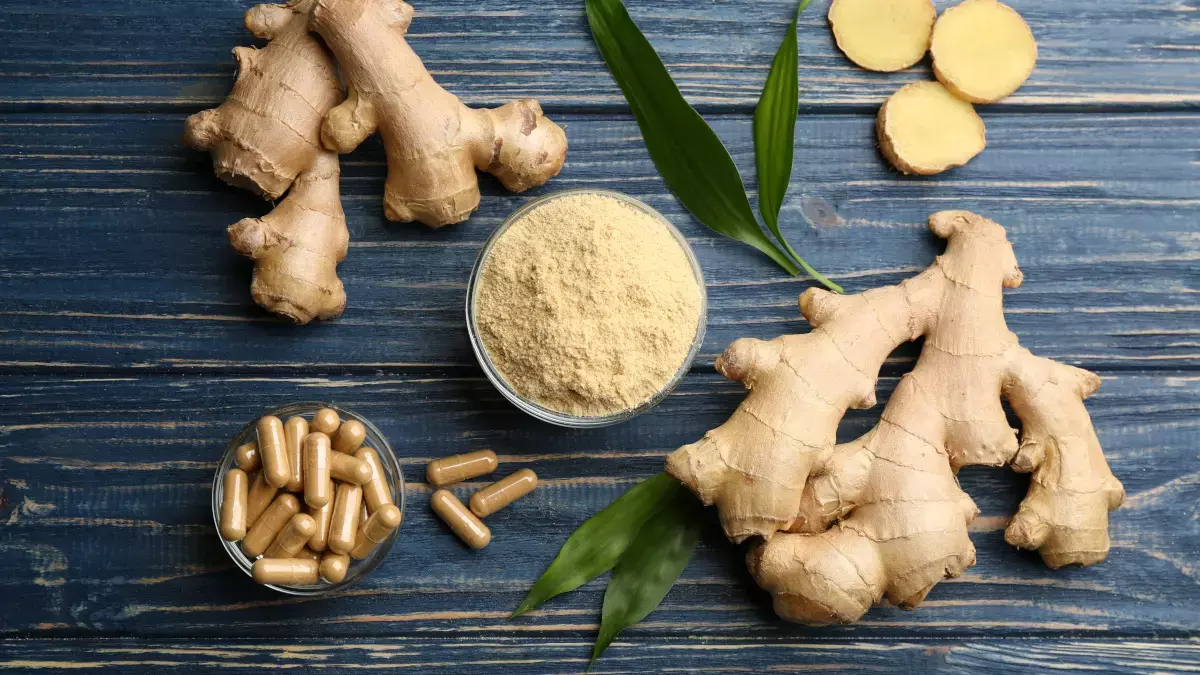- Home
- Medical news & Guidelines
- Anesthesiology
- Cardiology and CTVS
- Critical Care
- Dentistry
- Dermatology
- Diabetes and Endocrinology
- ENT
- Gastroenterology
- Medicine
- Nephrology
- Neurology
- Obstretics-Gynaecology
- Oncology
- Ophthalmology
- Orthopaedics
- Pediatrics-Neonatology
- Psychiatry
- Pulmonology
- Radiology
- Surgery
- Urology
- Laboratory Medicine
- Diet
- Nursing
- Paramedical
- Physiotherapy
- Health news
- Fact Check
- Bone Health Fact Check
- Brain Health Fact Check
- Cancer Related Fact Check
- Child Care Fact Check
- Dental and oral health fact check
- Diabetes and metabolic health fact check
- Diet and Nutrition Fact Check
- Eye and ENT Care Fact Check
- Fitness fact check
- Gut health fact check
- Heart health fact check
- Kidney health fact check
- Medical education fact check
- Men's health fact check
- Respiratory fact check
- Skin and hair care fact check
- Vaccine and Immunization fact check
- Women's health fact check
- AYUSH
- State News
- Andaman and Nicobar Islands
- Andhra Pradesh
- Arunachal Pradesh
- Assam
- Bihar
- Chandigarh
- Chattisgarh
- Dadra and Nagar Haveli
- Daman and Diu
- Delhi
- Goa
- Gujarat
- Haryana
- Himachal Pradesh
- Jammu & Kashmir
- Jharkhand
- Karnataka
- Kerala
- Ladakh
- Lakshadweep
- Madhya Pradesh
- Maharashtra
- Manipur
- Meghalaya
- Mizoram
- Nagaland
- Odisha
- Puducherry
- Punjab
- Rajasthan
- Sikkim
- Tamil Nadu
- Telangana
- Tripura
- Uttar Pradesh
- Uttrakhand
- West Bengal
- Medical Education
- Industry
Ginger Supplementation may Relieve Persistent Symptoms in Hypothyroid patients with normal TSH

Primary hypothyroidism is a common disease with a prevalence of 1-2%, with five to eight times greater prevalence among women. Some patients have persistent symptoms despite normal serum thyroid-stimulating hormone (TSH) levels. Preliminary results of a recent study suggest that ginger supplementation can help relieve persistent hypothyroid symptoms.
The study findings of the study were published in the journal Evidence-Based Complementary and Alternative Medicine on January 20, 2022.
The Food and Drug Administration (FDA) recognizes ginger as a safe dietary supplement. Recent studies have shown the protective effect of ginger against thyroid damage in animals and humans. To further examine, Dr Ali Tavakoli and his team conducted a study and evaluated the efficacy of ginger supplementation in relieving persistent symptoms among patients with hypothyroidism.
In a randomized, double-blind, placebo-controlled study, the researchers included 60 hypothyroid patients with normal serum TSH concentrations and divided them into two equal parallel study groups of ginger (500 mg twice a day) or placebo for 30 days. The major outcome assessed was hypothyroid symptoms measured using the Thyroid Symptom Rating Questionnaire (ThySRQ) before and after the intervention. They also assessed the anthropometric measures and laboratory indices including TSH, triglyceride (TG), total cholesterol (TChol), and fasting blood sugar (FBS).
Key findings of the study:
- Upon analysis, the researchers observed a significantly lower mean total ThySRQ score (8.63 ± 5.47 vs 15.76 ± 6.09 ) in the ginger group compared to the control group.
- They noted that ginger led to significant improvements in the mean scores of the weight gain, cold intolerance, constipation, dry skin, appetite, memory loss, concentration disturbance, and feeling giddy or dizzy domains.
- However, they found no significant improvements were observed in hair loss, nail fragility, hearing, hoarseness, speech, and depression or feeling down.
- They also found that ginger supplementation led to a significant decrease in body weight, body mass index, waist circumference, serum TSH, FBS, TG, and TChol levels compared to the placebo.
The authors concluded, " In summary, according to preliminary results of this study, ginger supplementation can help relieve persistent hypothyroid symptoms. Also, it may have beneficial effects in terms of weight reduction and regulation of the FBS and lipid profile in hypothyroid patients. However, further human studies with larger sample sizes, longer durations, different ginger doses, and a follow-up period after discontinuation of the supplement are recommended."
For further information:
Medical Dialogues Bureau consists of a team of passionate medical/scientific writers, led by doctors and healthcare researchers. Our team efforts to bring you updated and timely news about the important happenings of the medical and healthcare sector. Our editorial team can be reached at editorial@medicaldialogues.in.
Dr Kamal Kant Kohli-MBBS, DTCD- a chest specialist with more than 30 years of practice and a flair for writing clinical articles, Dr Kamal Kant Kohli joined Medical Dialogues as a Chief Editor of Medical News. Besides writing articles, as an editor, he proofreads and verifies all the medical content published on Medical Dialogues including those coming from journals, studies,medical conferences,guidelines etc. Email: drkohli@medicaldialogues.in. Contact no. 011-43720751


